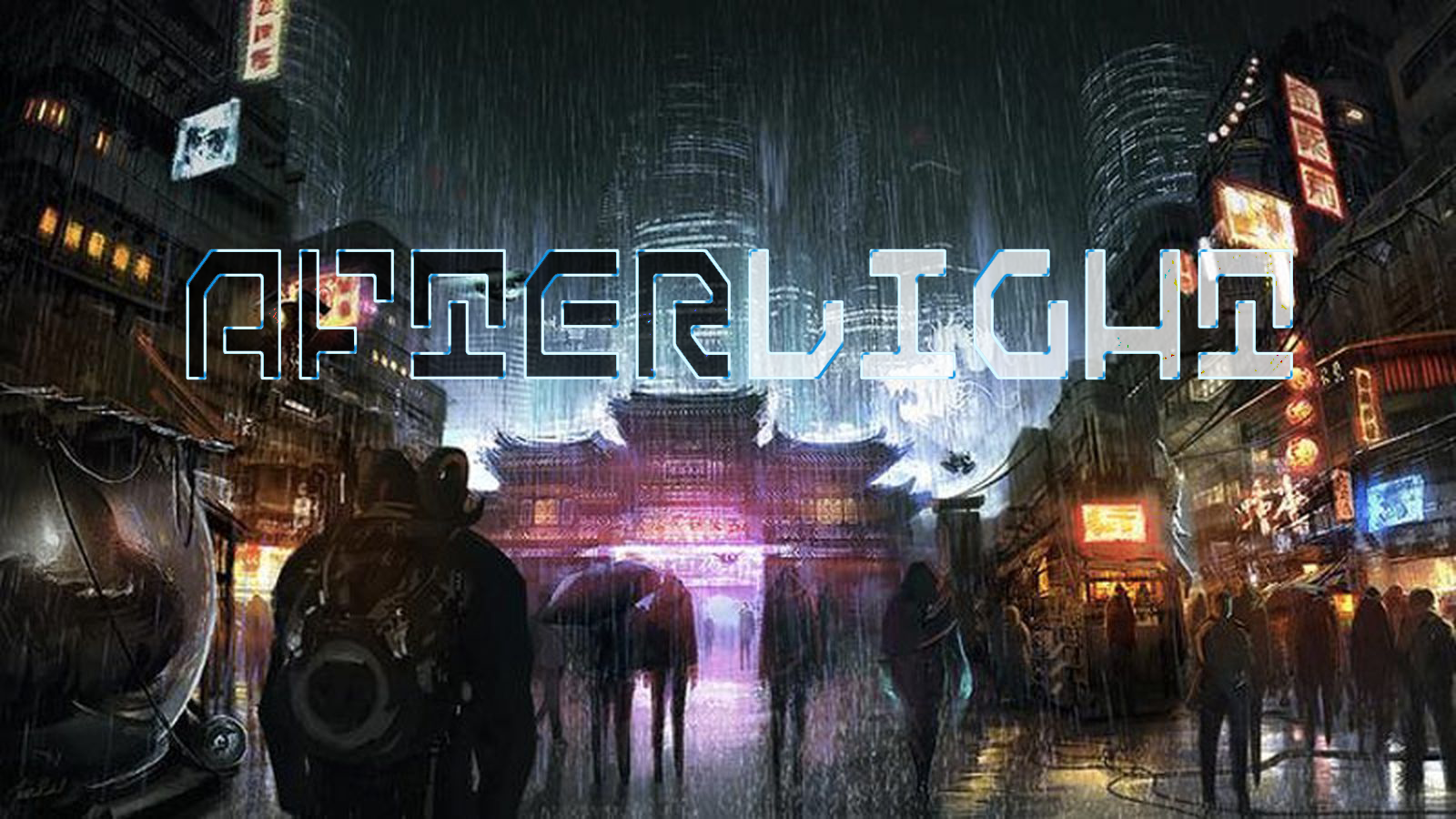The World as You Know It
Overview
"Civilization is a thin veneer stretched across the passions of the human heart."
The world of Neo-Boston is a dystopian cyberpunk future, where corporations have eclipsed governments, technology has intertwined with daily life, and the divide between the privileged and the oppressed has never been greater. Cities stretch into the skies, neon lights drown out the stars, and the air is thick with the hum of drones, the chatter of augmented reality feeds, and the quiet desperation of those trapped beneath the weight of the system. The world is both thrilling and suffocating, where the most cutting-edge advancements in cybernetics, AI, and energy exist alongside poverty, environmental decay, and corporate exploitation. Life is digital, surveillance is omnipresent, and the truth is often buried beneath layers of misinformation and secrecy.
The Path to This Future
The world did not change overnight. A series of economic collapses, technological revolutions, and global conflicts set the stage for the rise of the megacorporations.
- The Aurorium Discovery, a revolutionary energy source, reshaped global power structures as corporations seized control of its extraction and refinement, leading to private resource wars and technological upheaval.
- The Great Economic Collapse shattered trust in traditional financial institutions, paving the way for corporate-backed digital currencies, effectively stripping governments of their ability to control economies.
- The Second Chinese Civil War and other global conflicts displaced millions, fueling the growth of corporate-owned mega-cities as people sought refuge in privatized urban centers.
- Governments, once the unchallenged rulers of nations, faced a slow erosion of their monopoly on power. As private armies grew stronger, corporations secured extraterritorial rights, effectively creating independent city-states where corporate law superseded national authority. Without control over the economy, military force, or territory, governments became hollow entities, existing in name but acting as little more than puppets for the ruling megacorporations.
The result is a world where corporate loyalty often matters more than citizenship, where technology can elevate or enslave, and where the Noise—an ever-present flood of digital information—shapes public perception and reality itself.
Neo-Boston: A Corporate Megasprawl
"We shape our buildings, and afterward, our buildings shape us."
Neo-Boston is one of many sprawling corporate-controlled cities, a metropolis built on the ruins of old Boston, where the remnants of history stand in stark contrast to the neon-drenched superstructures of modern industry. Towering skyscrapers pierce the sky, connected by high-speed magrails, neon-lit skyways, and sprawling underground districts. It is a city of contradictions—where the elite live in gilded, AI-controlled sanctuaries, while the underclass survives in lawless districts ruled by syndicates, rogue AI, and cybernetic outcasts. The old institutions of democracy exist in name only, with Aegis Enforcement maintaining corporate order while megacorporations like NovaGen and MacroTech dictate policy from the shadows.
Key Events That Shaped Neo-Boston
- The Black Tide Catastrophe – A deep-sea earthquake ruptured a hidden aurorium reservoir, triggering a devastating tsunami that flooded large sections of the city, including Revere and East Boston. The waters, contaminated by raw aurorium, created mutated zones, cybernetic malfunctions, and long-term environmental damage.
- NovaGen’s Arrival – Seeing an opportunity in the wake of the Black Tide, NovaGen stepped in as the dominant energy provider, establishing the NorthLight Tower and their aurorium refineries in The Tides. Their rapid expansion cemented their control over Neo-Boston’s power infrastructure, making them an inescapable force in daily life.
- The Corporate Takeover of Law Enforcement – As municipal budgets collapsed, Aegis Enforcement won the city’s public security contract, patrolling all public areas and maintaining a presence in non-corporate districts. However, their control is frequently challenged by CorSec, a collective term for private corporate security forces, each answering only to its respective corporation. The two factions operate as rivals rather than allies, and disputes over authority, jurisdiction, and enforcement tactics often result in violent conflicts between Aegis and individual CorSec units. The division between public and private security has turned law enforcement into a corporate battlefield, where protection is often dictated by corporate interests rather than public safety.
- The Battle for South End & The Rise of the Jade District – As Chinatown expanded southward due to waves of immigration following the Second Chinese Civil War, the South End became a battleground between the Winter Hill Gang and the Oni-Kai Yakuza. While the Irish Mob initially fought to maintain their hold over the district, economic shifts, corporate development, and a shifting population base made their struggle untenable. Ultimately, the Winter Hill Gang conceded control, not through military defeat but by acknowledging the changing landscape—as the district became dominated by Asian corporations, expatriate communities, and cyber-financial hubs, it was no longer cost-effective for them to maintain their operations there. Despite this, the loss of South End remains a sore spot for both criminal factions, and tensions continue to simmer beneath the surface.
Despite the oppression, Neo-Boston is alive—a city where rebels, hackers, and those unwilling to submit still carve out their own futures. From the corporate-controlled towers of The Spire to the neon-drenched underworld of Rust Row, Neo-Boston stands as a monument to the world’s unrivaled progress—and its ultimate downfall.



Comments